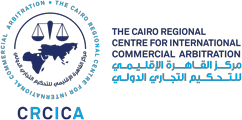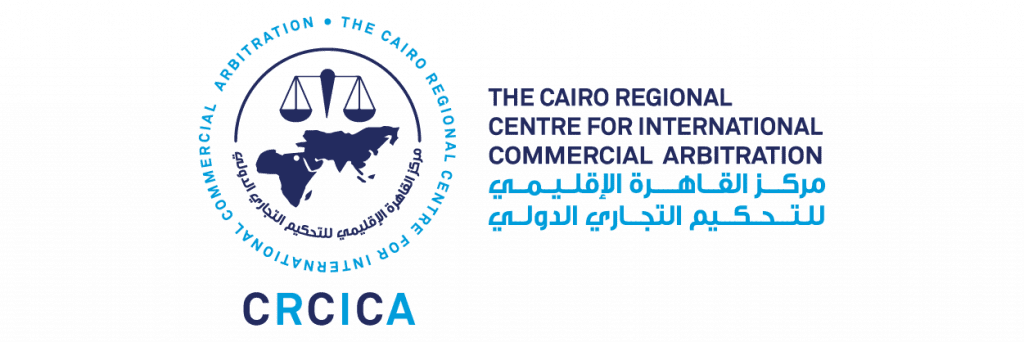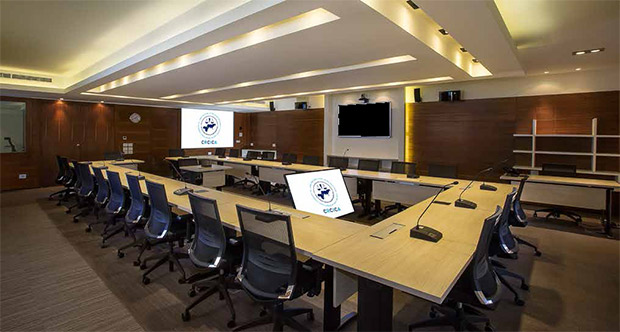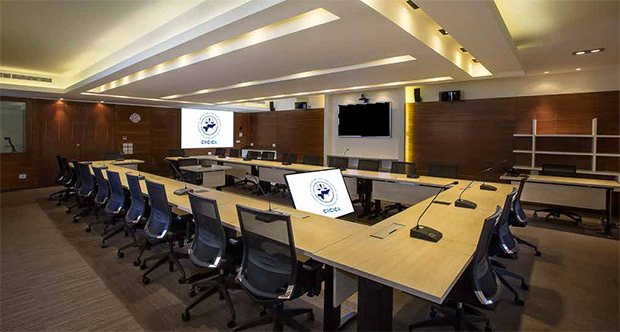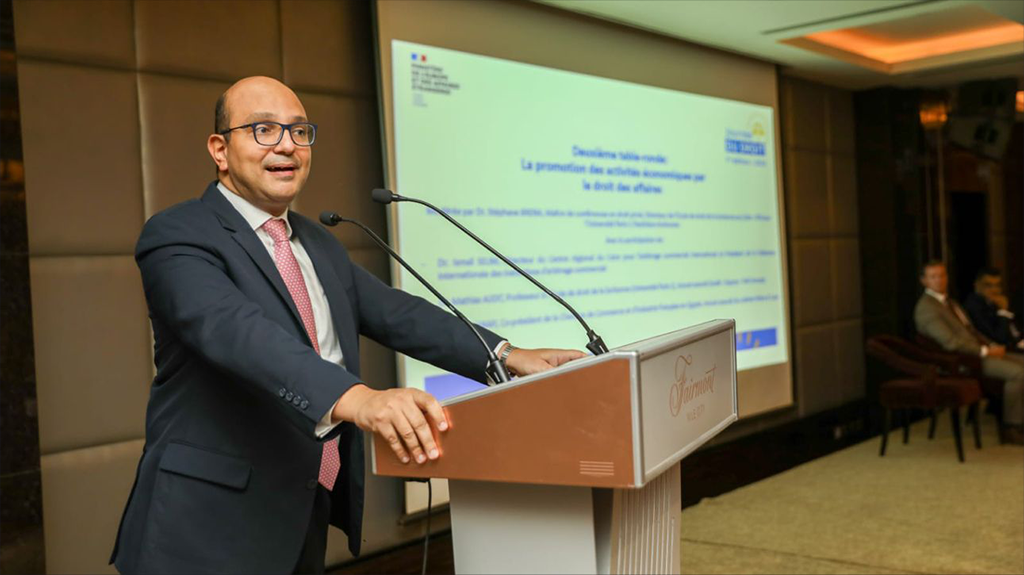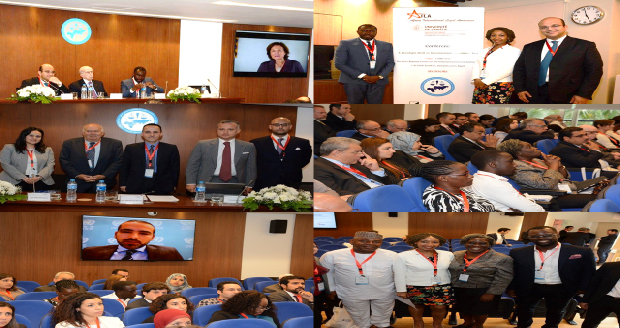The CRCICA Caseload for the entire year 2017 has been published at the Global Arbitration Review (“GAR”) Indeed, 65 new cases were filed during 2017 compared to 91 new cases in 2016. Accordingly, the total number of arbitration cases filed before CRCICA until 31 December 2017 reached 1226 cases.
The types of disputes are shown in the figure below:

In 2017, disputes arising from construction and other contracts for works (such as contracts for implementation of electro-mechanical works, etc.) ranked on top, with 32 % of the total number of cases, followed by lease agreements, media and entertainment and other contracts for supply of services.
The Parties to the disputes included 23 Non-Egyptian Parties, shown in the figure below:

Parties from Saudi Arabia ranked on top of Non-Egyptian parties referring their disputes to the Centre followed by parties from Spain and the U.A.E. At the third rank came parties from Singapore, Netherlands, Italy, India, France, the United Kingdom and Barbados Island.
It is worth noting that the above statistics are very conservative as they do not include Egyptian joint stock companies owned or ultimately controlled by non-Egyptian shareholders.
2017 also witnessed the appointment of arbitrators coming from Egypt, France, Italy, Lebanon, Nigeria, Spain, Sudan, the United Kingdom, and the USA.
Nationalities of Non-Egyptian arbitrators are shown in the figure below:

With this regard, the year 2017 has witnessed the signature by the CRCICA of the Pledge for Equal Representation in Arbitration 2017, by virtue of which the CRCICA, taking into consideration the interest of the parties, the nature of the case and the interest of arbitral justice, implements a regional, gender and age diversity policy when it acts as appointing authority.
Accordingly, diversity is taken into consideration when the Centre is invited to appoint directly arbitrators instead of a defaulting party and when the Centre proceeds to appointments through communication to the parties of identical lists including the names of at least three arbitrators, according to Article 8.3 and 9.3 of its Arbitration Rules. The said lists usually include the name of a competent female arbitrator or a competent arbitrator under the age of forty or from a region where competent arbitrators merit a closer look and were traditionally less appointed compared to arbitrators from other regions. The “identical list” procedure, in accordance with articles 8(3) and 9(3) of the rules is viewed by the CRCICA as mean of involving the parties themselves in the process of appointing the sole or presiding arbitrator.
In implementation of this diversity policy, the CRCICA has appointed in 2017 notable Nigerian and Sudanese arbitrators and one female arbitrator in cases where it was acting as appointing authority. A number of 5 arbitrators under the age of forty were also appointed by the CRCICA for their first time in various cases during 2017.
In 2017, Arabic was the language of arbitration in 48 cases while English was the Language of arbitration in 17 cases. Having launched the French version of its Arbitration Rules in 2017 and having increased its French speaking personnel, the CRCICA is ready to administer cases in French in the coming years. The percentage of cases in English vs Arabic as the language of arbitration in 2017 is illustrated in the figure below.

